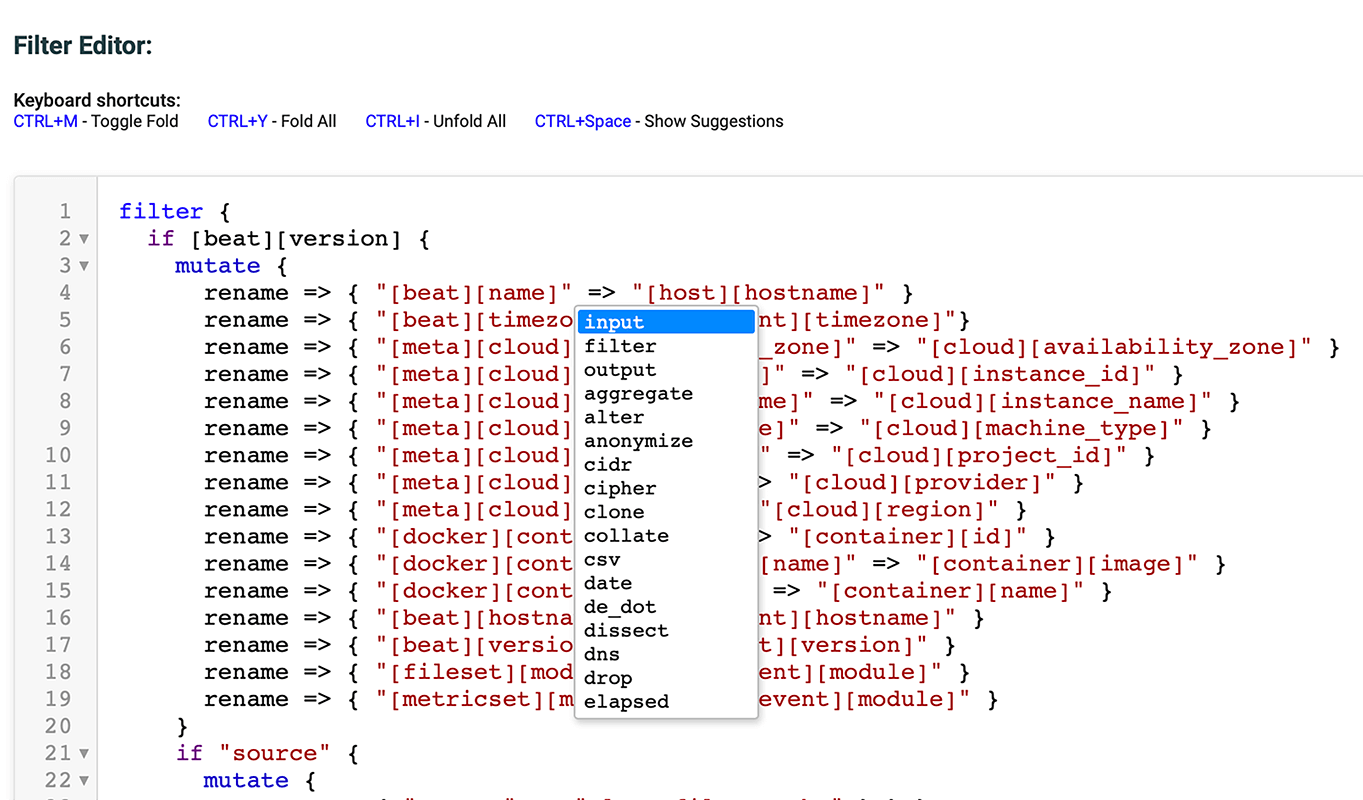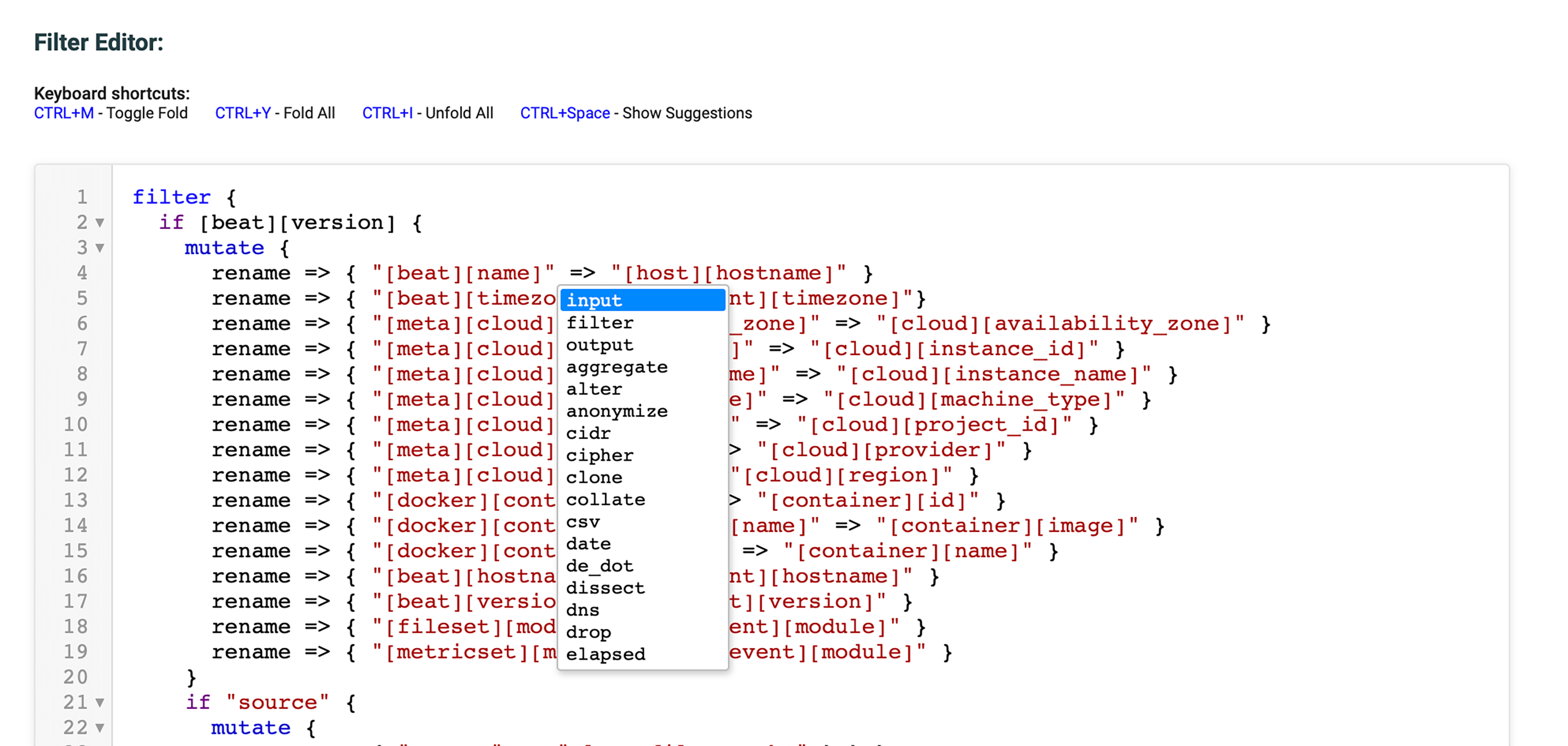What Is CESG GPG?
The CESG Good Practice Guide (GPG) is a set of guidelines for managing and protecting government data and IT systems. A number of aspects of information security are covered, including risk management, access control, incident management, and audit logging. To protect information and systems, UK government organizations must comply with GPG. In addition, the GPG provides a framework for improving information security practices.
GPG guidelines assist organisations in managing and protecting their data. Using this framework, organisations can improve their information security practices and ensure the confidentiality, integrity, and availability of their data.
The guidelines cover a variety of topics related to information security, including risk management, access control, and incident management. For each of these areas, they provide detailed recommendations, outlining best practices and standards organisations should follow.
Compliance with GPG guidelines is a legal requirement for UK government organisations. Other organisations can also benefit from following these guidelines as they provide a comprehensive framework for managing information security. By following the recommendations set out in the GPG, organisations can improve their overall security posture.









